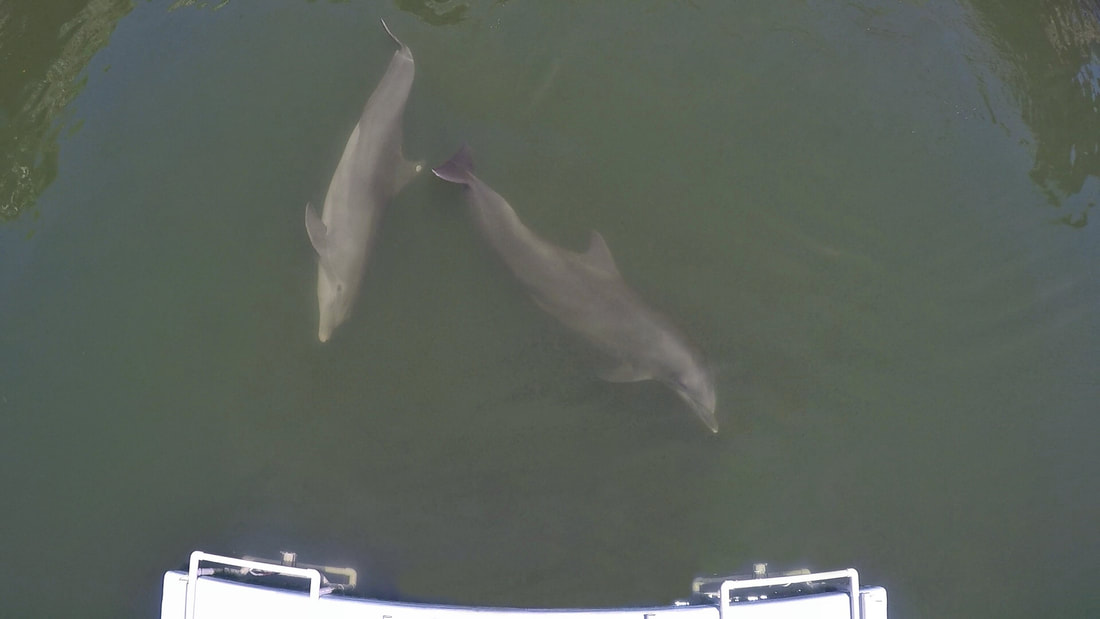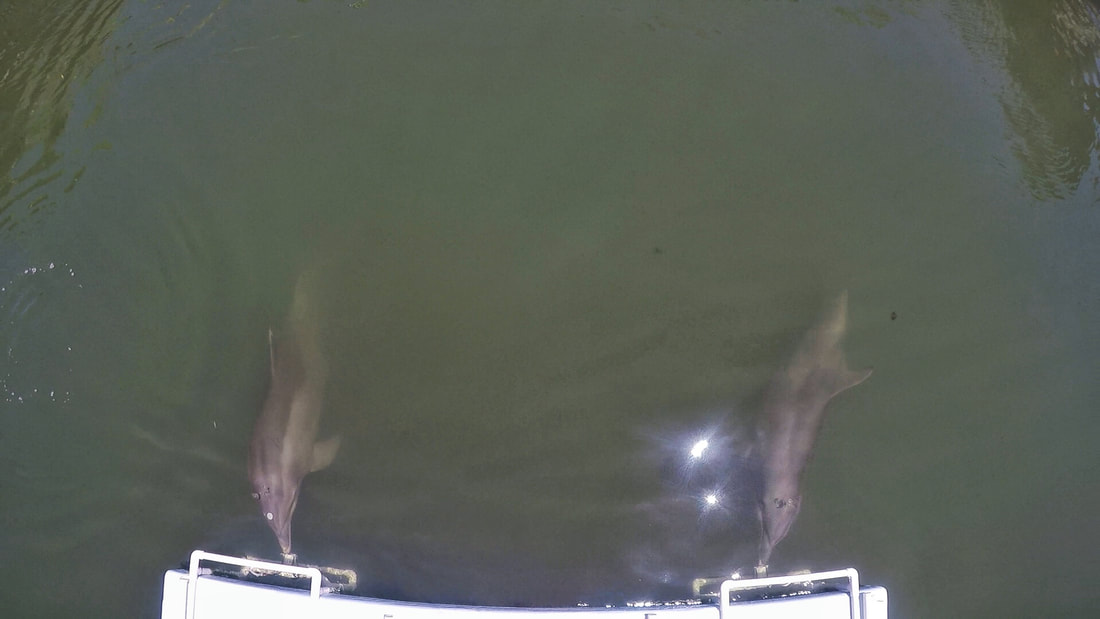|
I'm thrilled to say that as of February 2019 I will take up a permanent appointment at the University of Bristol as a Senior Lecturer in Animal Behaviour and Global Change in the School of Biological Sciences. Although we will miss Australia and its beautiful weather, Simon and I will return each year to continue our long-term research on the Shark Bay dolphins with our colleagues at the Dolphin Alliance Project.
0 Comments
Two bottlenose dolphins (Tursiops truncatus) cooperate in a button-pressing task requiring precise behavioural synchronization. (Photo credit: Dolphin Research Center) I am pleased to announce the publication of our recent work on cooperation in bottlenose dolphins... Citation: Jaakkola K, Guarino E, Donegan K, King SL 2018. Bottlenose dolphins can understand their partner’s role in a cooperative task. Proceedings of the Royal Society B: Biological Sciences. 285 https://doi.org/10.1098/rspb.2018.0948 Abstract: In recent decades, a number of studies have examined whether various non-human animals understand their partner's role in cooperative situations. Yet the relatively tolerant timing requirements of these tasks make it theoretically possible for animals to succeed by using simple behavioural strategies rather than by jointly intended coordination. Here we investigated whether bottlenose dolphins could understand a cooperative partner's role by testing whether they could learn a button-pressing task requiring precise behavioural synchronization. Specifically, members of cooperative dyads were required to swim across a lagoon and each press their own underwater button simultaneously (within a 1 s time window), whether sent together or with a delay between partners of 1–20 s. We found that dolphins were able to work together with extreme precision even when they had to wait for their partner, and that their coordination improved over the course of the study, with the time between button presses in the latter trials averaging 370 ms. These findings show that bottlenose dolphins can learn to understand their partner's role in a cooperative situation, and suggest that the behavioural synchronization evident in wild dolphins' synchronous movement and coordinated alliance displays may be a generalized cognitive ability that can also be used to solve novel cooperative tasks. Two bottlenose dolphins (Tursiops truncatus) cooperate in a button-pressing task requiring precise behavioural synchronization. (Photo credit: Dolphin Research Center)
|
Archives
March 2023
Categories |



 RSS Feed
RSS Feed